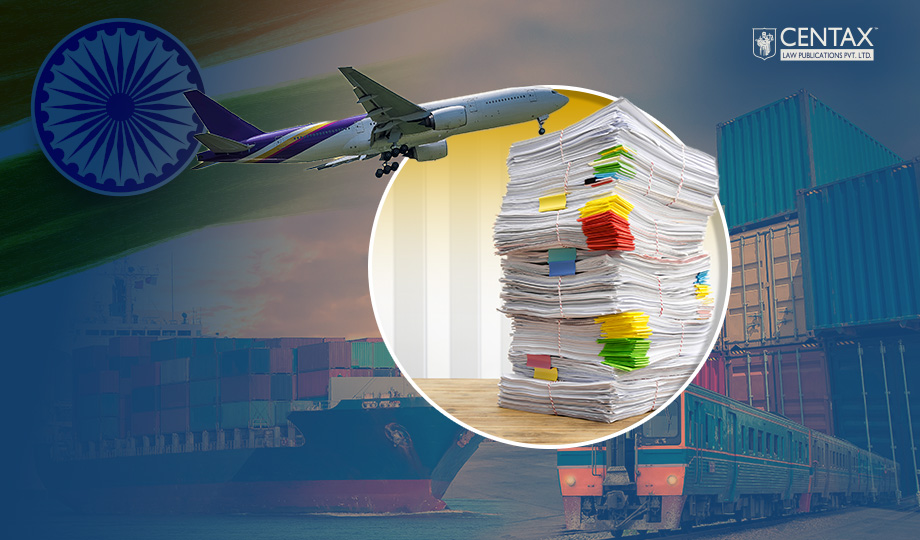
Case Details: New Era Trading Pvt. Ltd. Versus Principal Commissioner of Customs (2025) 33 Centax 292 (Tri.-Del)
Judiciary and Counsel Details
- S/Shri Dilip Gupta, President & P.V. Subba Rao, Member (T)
- S/Shri Ashirwad & Virat Sharma, Advs., for the Appellant
- Shri Shashi Kant Sharma, Authorised Representative, for the Respondent
Facts of the Case
The appellant was an exporter who had obtained Focus Market Scheme (FMS) scrips under the Foreign Trade Policy 2015-20 on exports made to Panama. The exports were sold on an FOB basis and a Let Export Order (LEO) was duly issued by Customs. Subsequently, the overseas buyer informed the exporter that the consignment was directed to be delivered in Dubai by its freight forwarder. Customs authorities initiated proceedings on the ground that the goods did not reach the notified Focus Market and that the FMS scrips were ineligible. The appellant contended that once goods were exported on an FOB basis, the title in goods passed to the buyer upon issuance of the LEO, and it was for the buyer’s freight forwarder and shipping lines to effect the delivery; hence, the exporter could not be held responsible for subsequent diversion. It was further urged that the adjudication authority had not established whether the exporter had submitted any false landing documents or whether the Directorate General of Foreign Trade (DGFT) had issued the scrips without obtaining prescribed landing proof. The matter was accordingly placed before the CESTAT.
CESTAT Held
The CESTAT held that in terms of para 3.20.3 of the Handbook of Procedures, the appellant’s responsibility did not conclude with issuance of the LEO, and to legitimately claim FMS scrip benefits the exporter was required to ensure that goods actually reached the designated Focus Market and to furnish prescribed documentary evidence. The Tribunal noted that while the sale was on FOB basis and title had passed to the buyer, the appellant alone was the beneficiary of the FMS and could not transfer the compliance obligation to the overseas buyer, freight forwarder, or shipping line. It further observed that before invoking recovery under Section 28AAA of the Customs Act, 1962, the Customs authorities should have summoned relevant documents from the DGFT to verify whether landing proof was examined at the stage of scrip issuance. The Tribunal concluded that the benefit of FMS could only be sustained if the goods had either reached the Focus Market or, alternatively, evidence was produced of diversion, and in the absence of such proof, recovery was justified.



















